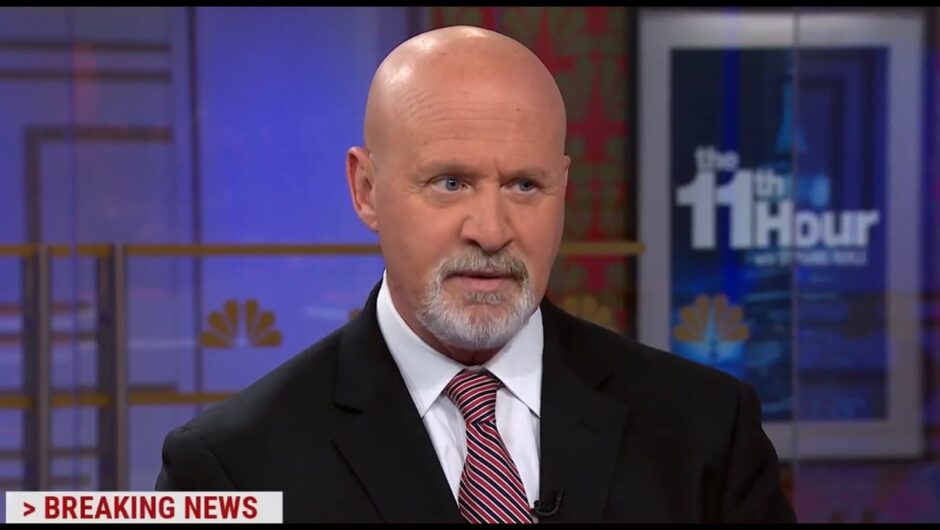news, crime, russell te-rangi walker, dinner, stabbing
A dinner gathering in Canberra’s south descended into chaos when a man discharged from a mental health unit hours earlier stabbed a guest in the chest, creating a wound about 15 centimetres deep. But Tuggeranong resident Russell Te-Rangi Walker claims he did not intend to kill the victim, and that even if a judge finds he did, he should be acquitted on grounds of mental impairment. The judge-alone trial of Walker, who has pleaded not guilty to attempted murder and an alternative count of intentionally inflicting grievous bodily harm, began in the ACT Supreme Court on Wednesday. Agreed facts tendered to the court show the dinner host invited guests including Walker, who was her “intermittent” partner, and the victim, who was a colleague, for a meal at her Bonython home. Not long after the victim arrived on the evening in question, he began to feel that Walker was looking at him “all funny”. “The accused said something like he thought [the victim] was trying to take away his family,” the agreed facts state. Later that evening, Walker asked the victim to follow him into a bedroom, where the then-29-year-old pushed the tip of a knife against the victim’s chest and threatened him. Walker’s partner intervened and things briefly calmed down, but tensions rose again after the gathering moved outside to a patio area. The victim was sitting in a chair when Walker admits he stood up and moved around the other guests and a table to plunge a knife into the victim’s upper chest. As blood began to gush from the wound, Walker pulled the knife out and exclaimed, “Oh my God, I’ve stabbed him! Oh my God, my God.” He then called triple zero and cried out for help, alerting a neighbour who came to see what was going on. Police arrested Walker at the scene and he has been in custody ever since. Prosecutor Rebecca Christensen argued in court on Wednesday that Walker had intended to kill the victim. She pointed to factors including that Walker had stabbed the victim in “the heart area” using what she described as a large knife. Ms Christensen also said the victim had described Walker whispering threats like “you’re dead” moments before the attack. “He was intent on causing the death of [the victim],” she said. But defence barrister Jon White SC disagreed, saying there was “no obvious reason at all” for Walker to have wanted the victim dead. He highlighted that there was only one stab wound, saying Walker could “easily” have continued his attack and killed the victim if he had wanted to. “There would have been other ways to more efficiently kill the victim,” Mr White said. “That’s the reality of it.” He also said Walker had been “clearly shocked by his conduct”, having “immediately tried to summon aid”. The other key issue in Walker’s trial, aside from intent, is his mental health. Ms Christensen said the Crown would not accept special verdicts of not guilty by reason of mental impairment but did not detail why, saying it was for Justice David Mossop to determine on the evidence. Mr White submitted that, based on the evidence, the judge would have “nowhere else to go”. The court heard Walker had been diagnosed with schizophrenia, and that during his time on remand it had become apparent that “he suffers from paranoid delusions [and] hears voices”. The agreed facts also detail how Walker was detained under the Mental Health Act and taken to Canberra Hospital the day before the stabbing. He was initially examined in the emergency department following incidents that included him expressing suicidal ideation and talking about how he believed “commandos” were coming to get him. Walker was transferred to the adult mental health unit early on the morning of the stabbing, but released that afternoon after a psychiatrist deemed him “OK for discharge”. Justice Mossop said on Wednesday that he would give his verdicts in the trial on Thursday afternoon.
/images/transform/v1/crop/frm/fdcx/doc768lypxp50n76cv7h2u.jpg/r10_312_4245_2705_w1200_h678_fmax.jpg
A dinner gathering in Canberra’s south descended into chaos when a man discharged from a mental health unit hours earlier stabbed a guest in the chest, creating a wound about 15 centimetres deep.
But Tuggeranong resident Russell Te-Rangi Walker claims he did not intend to kill the victim, and that even if a judge finds he did, he should be acquitted on grounds of mental impairment.
The judge-alone trial of Walker, who has pleaded not guilty to attempted murder and an alternative count of intentionally inflicting grievous bodily harm, began in the ACT Supreme Court on Wednesday.
Agreed facts tendered to the court show the dinner host invited guests including Walker, who was her “intermittent” partner, and the victim, who was a colleague, for a meal at her Bonython home.
Not long after the victim arrived on the evening in question, he began to feel that Walker was looking at him “all funny”.
“The accused said something like he thought [the victim] was trying to take away his family,” the agreed facts state.
Later that evening, Walker asked the victim to follow him into a bedroom, where the then-29-year-old pushed the tip of a knife against the victim’s chest and threatened him.
Walker’s partner intervened and things briefly calmed down, but tensions rose again after the gathering moved outside to a patio area.
The victim was sitting in a chair when Walker admits he stood up and moved around the other guests and a table to plunge a knife into the victim’s upper chest.
As blood began to gush from the wound, Walker pulled the knife out and exclaimed, “Oh my God, I’ve stabbed him! Oh my God, my God.”
He then called triple zero and cried out for help, alerting a neighbour who came to see what was going on.
Police arrested Walker at the scene and he has been in custody ever since.
Prosecutor Rebecca Christensen argued in court on Wednesday that Walker had intended to kill the victim.
She pointed to factors including that Walker had stabbed the victim in “the heart area” using what she described as a large knife.
Ms Christensen also said the victim had described Walker whispering threats like “you’re dead” moments before the attack.
“He was intent on causing the death of [the victim],” she said.
But defence barrister Jon White SC disagreed, saying there was “no obvious reason at all” for Walker to have wanted the victim dead.
He highlighted that there was only one stab wound, saying Walker could “easily” have continued his attack and killed the victim if he had wanted to.
“There would have been other ways to more efficiently kill the victim,” Mr White said. “That’s the reality of it.”
He also said Walker had been “clearly shocked by his conduct”, having “immediately tried to summon aid”.
The other key issue in Walker’s trial, aside from intent, is his mental health.
Ms Christensen said the Crown would not accept special verdicts of not guilty by reason of mental impairment but did not detail why, saying it was for Justice David Mossop to determine on the evidence.
Mr White submitted that, based on the evidence, the judge would have “nowhere else to go”.
The court heard Walker had been diagnosed with schizophrenia, and that during his time on remand it had become apparent that “he suffers from paranoid delusions [and] hears voices”.
The agreed facts also detail how Walker was detained under the Mental Health Act and taken to Canberra Hospital the day before the stabbing.
He was initially examined in the emergency department following incidents that included him expressing suicidal ideation and talking about how he believed “commandos” were coming to get him.
Walker was transferred to the adult mental health unit early on the morning of the stabbing, but released that afternoon after a psychiatrist deemed him “OK for discharge”.
Justice Mossop said on Wednesday that he would give his verdicts in the trial on Thursday afternoon.
Russell Te-Rangi Walker’s trial is taking place in the ACT Supreme Court. Picture: Karleen Minney







